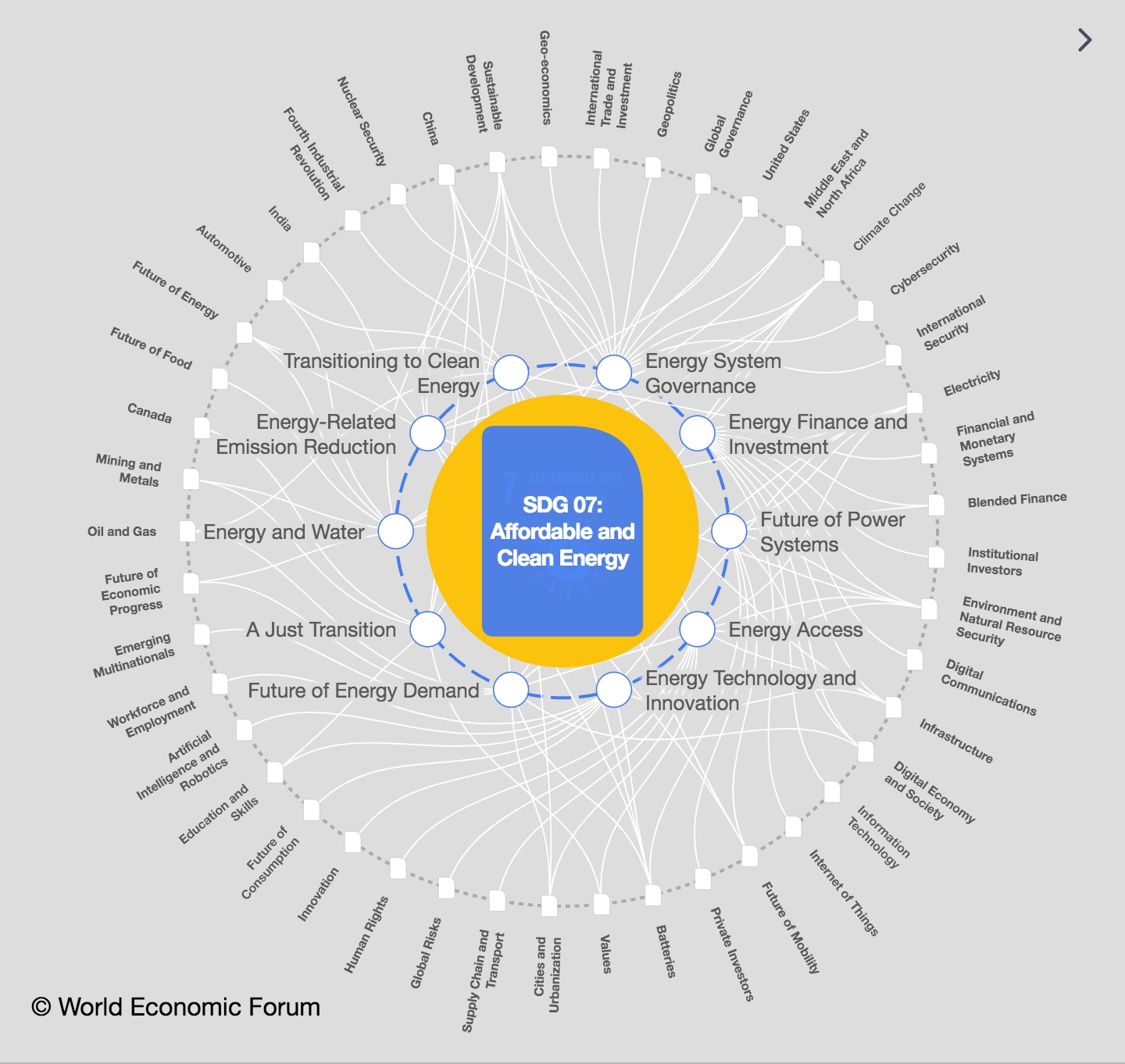Environmental justice: How do decarbonization efforts affect different communities?

Cutting coal use in power generation has major health benefits. Image: REUTERS/Wolfgang Rattay

Get involved with our crowdsourced digital platform to deliver impact at scale
Stay up to date:
SDG 07: Affordable and Clean Energy
- Health benefits from cutting coal use in power generation are distributed unequally, a new study has found.
- Black and low-income communities still face higher levels of air pollution and related health effects.
- Researchers also found that greenhouse gas reduction strategies for power generation produce enough health benefits to entirely offset the cost of these efforts.
Cutting coal use in power generation has huge health benefits, according to a new study.
But environmental justice concerns remain, the researchers report.
The study draws on data from Texas and surrounding states. It finds that the most common strategies for reducing greenhouse gas emissions from power generation also produce enough health benefits to completely offset the cost of these “decarbonization” efforts.
However, the study found that while Black and low-income communities also benefit, they still face higher levels of air pollution and related health effects.
“The take-away message here is very simple: reducing coal power generation has significant, immediate health benefits.”
”“Other researchers have also examined health benefits associated with decarbonization,” says Jeremiah Johnson, an associate professor of environmental engineering at North Carolina State University and coauthor of a paper on the work. “We wanted to expand on that work in two ways.
“First, we wanted to look at issues related to environmental justice and equity. Second, we wanted to look closely at how health benefits associated with decarbonization can inform operational decisions in the power sector. If we can determine which specific plants are having the greatest impact on human health, and when, then power systems can modify power generation at those plants to reduce human health impacts.”
“In terms of environmental justice, it is well established that some people suffer more from the effects of air pollution than others, and we wanted to explore whether decarbonization efforts might make things better or worse for the communities who suffer the most,” says Qian Luo, a PhD student and first author of the paper.
The researchers evaluated the impacts of six decarbonization strategies. Three of the strategies involved using different power generation methods to replace coal-fired power plants: solar power, wind power, and natural gas.
Two of the strategies involved implementing “carbon taxes” at different levels—effectively increasing the costs of electricity generation based on the amount of carbon dioxide that power plants emit.
The sixth strategy involved requiring power plant operators to include the economic costs of health effects caused by emissions in their decision-making. The carbon tax and health damages strategies would significantly increase the expense of coal power, indirectly encouraging a shift to power generation that produces fewer emissions.
The researchers drew on power generation data from across Texas, as well as health data from Texas and other states affected by air emissions from Texas’s power plants. The data was fed into an integrated suite of new and existing computational models to better understand the health effects of the various decarbonization strategies at the local level.
“We were able to assess health impacts at the census tract level, which is fairly granular—each tract represents between 1,200 and 8,000 people,” Luo says. “Specifically, we drew on established studies to determine the extent to which air pollution was contributing to mortality numbers in each tract.”
What's the World Economic Forum doing about the transition to clean energy?
By calculating the number of deaths associated with the relevant air pollution, the researchers were able to determine the monetized benefits of reducing that air pollution. This was done using the “value of a statistical life,” which is used by the federal government to perform cost-benefit analyses.
The researchers found that all six decarbonization strategies reduced adverse health effects from air pollution more than enough to offset the cost of implementing the strategy.
However, while there were health benefits across the board, some areas still suffered from more air pollution than others. These areas tended to be low-income areas or neighborhoods with large Black populations.
“While there are health benefits under every decarbonization scenario—which is good—there is still a significant environmental justice gap,” says Fernando Garcia-Menendez, coauthor of the paper and an assistant professor of environmental engineering. “For example, the gap between Black neighborhoods and other neighborhoods either stays the same or gets worse. In other words, while Black neighborhoods benefit from decarbonization, they don’t benefit as much as other neighborhoods. And the same holds true for low-income neighborhoods across all races.”
The findings were also sufficiently precise, pointing to specific emissions from specific plants at specific times, to inform operation decisions that could reduce human health impacts even if the plants are not taken completely offline.
“The take-away message here is very simple: reducing coal power generation has significant, immediate health benefits,” Johnson says. “And all of the techniques under consideration for reducing coal power generation produce meaningful benefits.”
Don't miss any update on this topic
Create a free account and access your personalized content collection with our latest publications and analyses.
License and Republishing
World Economic Forum articles may be republished in accordance with the Creative Commons Attribution-NonCommercial-NoDerivatives 4.0 International Public License, and in accordance with our Terms of Use.
The views expressed in this article are those of the author alone and not the World Economic Forum.
Related topics:
The Agenda Weekly
A weekly update of the most important issues driving the global agenda
You can unsubscribe at any time using the link in our emails. For more details, review our privacy policy.
More on Energy TransitionSee all
Liam Coleman
April 25, 2024
Tarek Sultan
April 24, 2024
Jennifer Holmgren
April 23, 2024
Ella Yutong Lin and Kate Whiting
April 23, 2024
Nick Pickens and Julian Kettle
April 22, 2024







